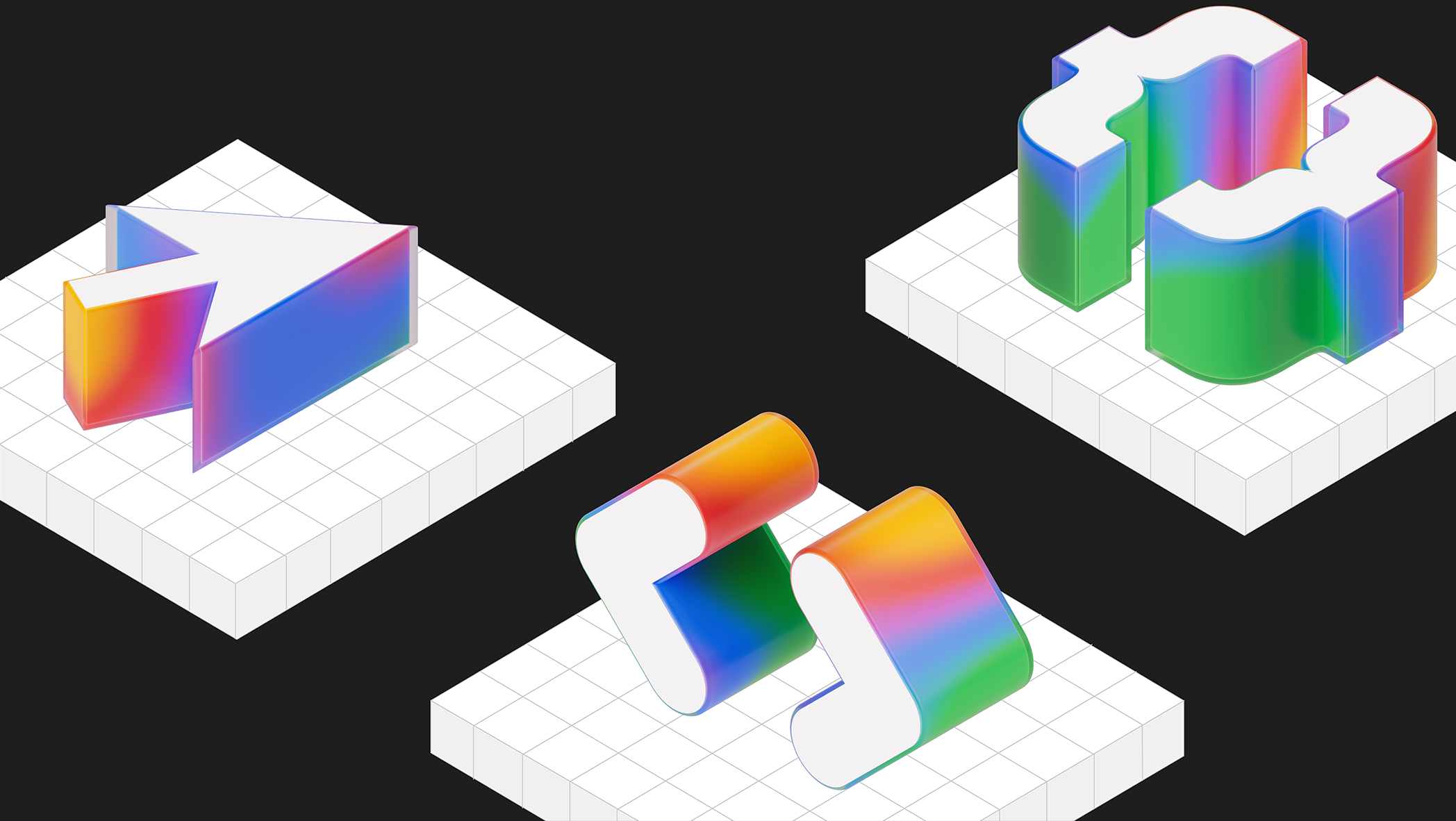
A step closer to quantum computation with Quantum Error Correction
March 4, 2015
Posted by Julian Kelly, Rami Barends, and Austin Fowler, Quantum Electronics Engineers
Quick links
Computer scientists have dreamt of large-scale quantum computation since at least 1994 -- the hope is that quantum computers will be able to process certain calculations much more quickly than any classical computer, helping to solve problems ranging from complicated physics or chemistry simulations to solving optimization problems to accelerating machine learning tasks.
One of the primary challenges is that quantum memory elements (“qubits”) have always been too prone to errors. They’re fragile and easily disturbed -- any fluctuation or noise from their environment can introduce memory errors, rendering the computations useless. As it turns out, getting even just a small number of qubits together to repeatedly perform the required quantum logic operations and still be nearly error-free is just plain hard. But our team has been developing the quantum logic operations and qubit architectures to do just that.
In our paper “State preservation by repetitive error detection in a superconducting quantum circuit”, published in the journal Nature, we describe a superconducting quantum circuit with nine qubits where, for the first time, the qubits are able to detect and effectively protect each other from bit errors. This quantum error correction (QEC) can overcome memory errors by applying a carefully choreographed series of logic operations on the qubits to detect where errors have occurred.
 |
| Photograph of the device containing nine quantum bits (qubits). Each qubit interacts with its neighbors to protect them from error. |
To get around this, we introduce additional ‘measurement’ qubits, and perform a series of quantum logic operations that look at the 'measurement' and 'data' qubits in combination. By looking at the state of these pairwise combinations (using quantum XOR gates), and performing some careful cross-checking, we can pull out just enough information to detect errors without altering the information in any individual qubit.
 |
| The basics of error correction. ‘Measurement’ qubits can detect errors on ‘data’ qubits through the use of quantum XOR gates. |
While the basic physical processes behind quantum error correction are feasible, many challenges remain, such as improving the logic operations behind error correction and testing protection from phase-flip errors. We’re excited to tackle these challenges on the way towards making real computations possible.
-
Labels:
- Quantum


